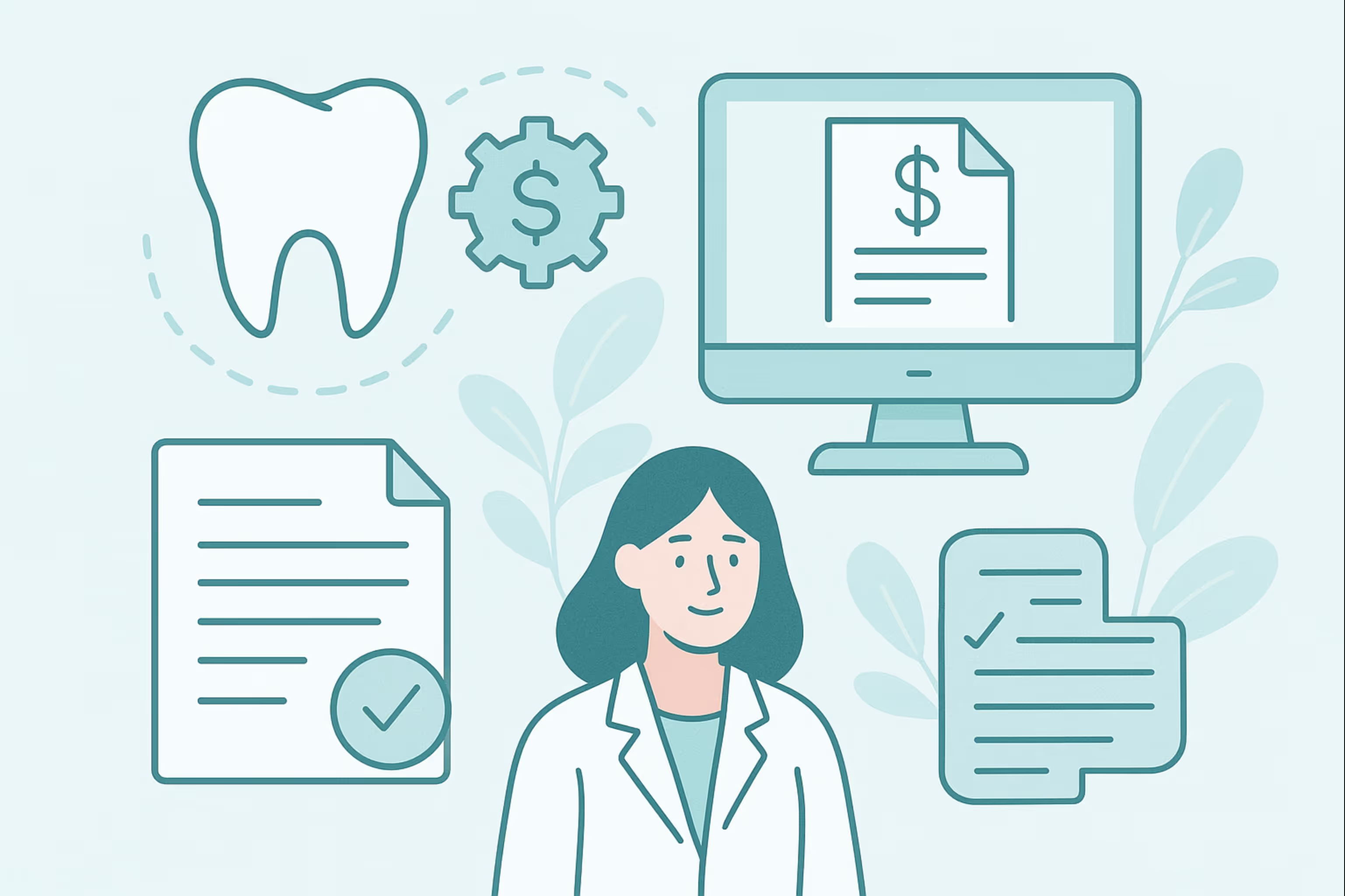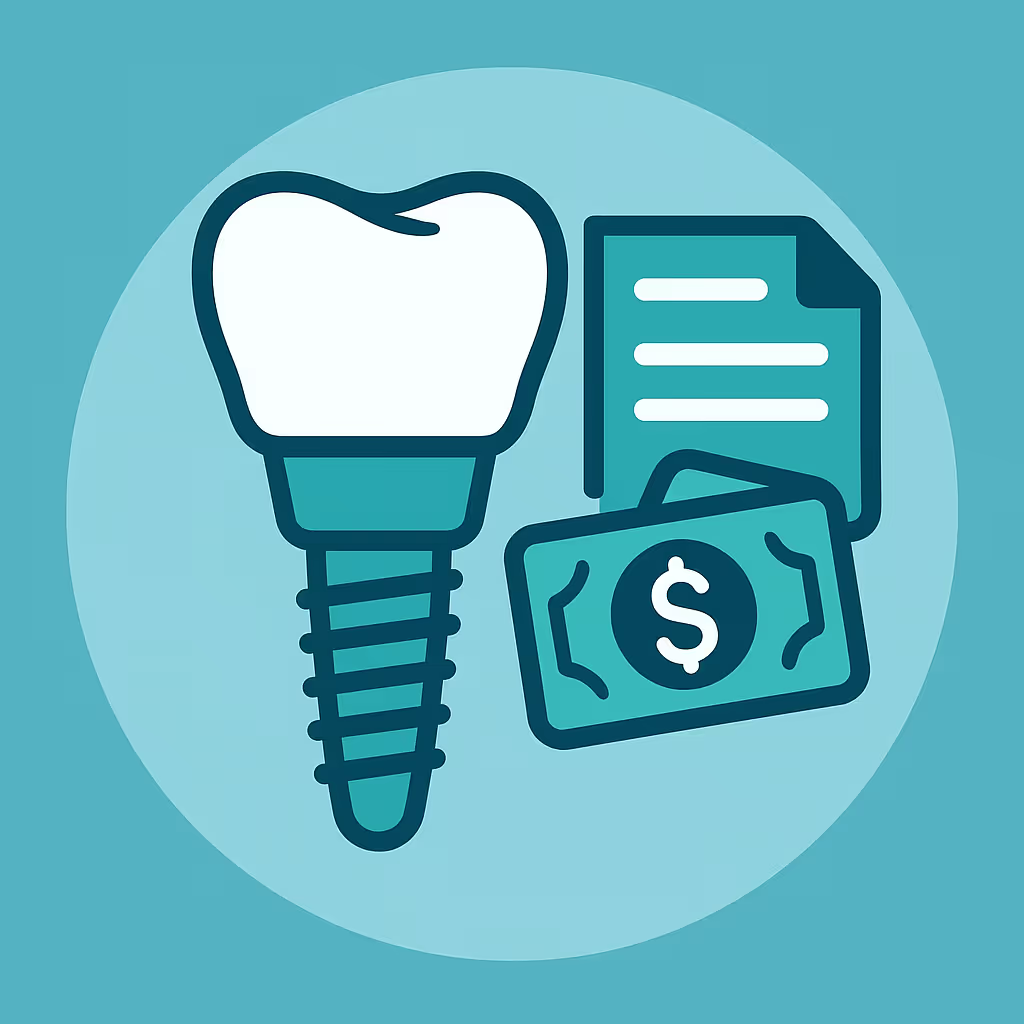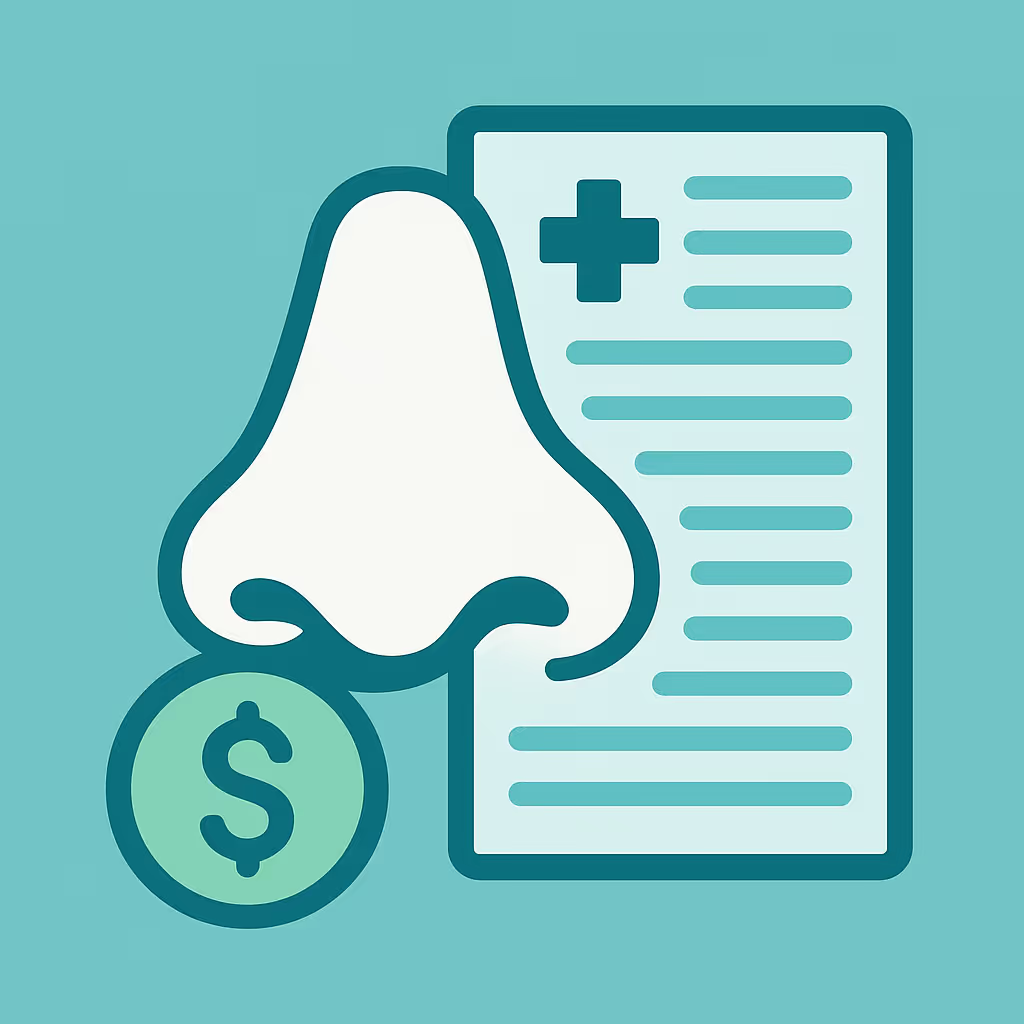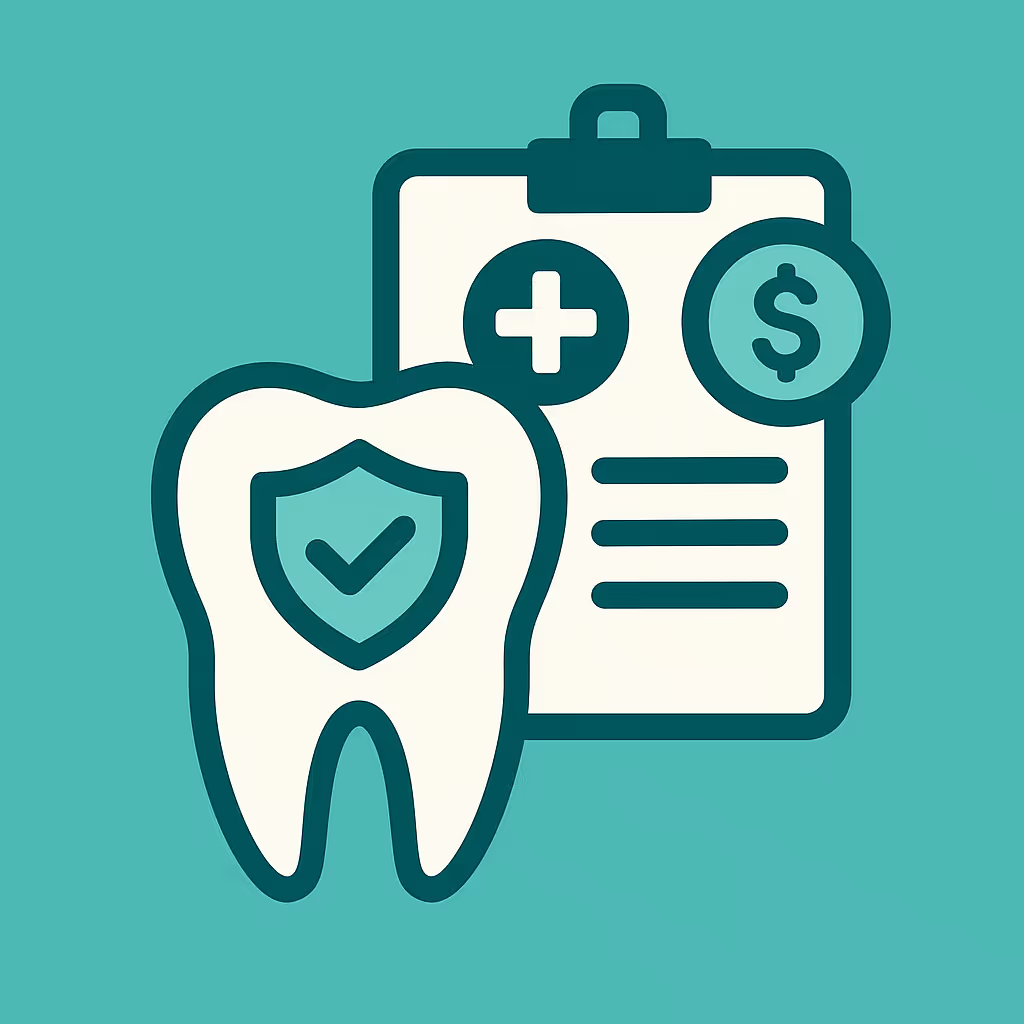How to Become a Dental Biller: Your Path to a Remote Career
What Is a Dental Biller & What Do They Do?
A dental biller is a specialized administrative professional responsible for managing the financial and insurance aspects of a dental practice. Their primary duties include verifying patient insurance coverage, submitting claims using correct CDT (Current Dental Terminology) codes, tracking accounts receivable (AR), posting payments, and following up on unpaid claims. Dental billers also interpret Explanation of Benefits (EOBs), handle claim denials, and initiate appeals when necessary. In today’s digital landscape, many dental billers work remotely, leveraging secure practice management software and HIPAA-compliant communication tools to ensure seamless billing operations from any location.
What Qualifications and Skills Are Required for Dental Billing?
While a formal degree is not always required, successful dental billers possess a blend of technical knowledge, attention to detail, and strong communication skills. Key qualifications and skills include:
- Understanding of Dental Terminology and CDT Codes: Accurate coding is essential for claim approval and timely reimbursement.
- Familiarity with Dental Insurance Plans: Knowledge of PPO, HMO, Medicaid, and fee-for-service models is crucial.
- Proficiency with Dental Practice Management Software: Experience with platforms like Dentrix, Eaglesoft, or Open Dental is highly valued.
- Analytical Skills: Ability to review EOBs, identify discrepancies, and resolve claim issues.
- Organizational Skills: Managing multiple claims, appeals, and patient accounts requires excellent time management.
- Communication: Clear, professional interaction with patients, insurance representatives, and dental teams is vital.
- HIPAA Compliance: Understanding patient privacy regulations is non-negotiable for remote work.
Training, Certification & Experience Paths for Dental Billing
There are several pathways to becoming a dental biller, each offering unique advantages:
- On-the-Job Training: Many dental billers start as front desk receptionists or dental assistants and learn billing processes directly in the practice. Shadowing experienced billers and gradually taking on more responsibility is common.
- Formal Courses: Community colleges, vocational schools, and online programs offer dental billing and coding courses. These cover CDT coding, insurance workflows, and practice management software.
- Certification: While not mandatory, earning a Dental Coder or Dental Billing Certification (such as from the American Dental Coders Association) demonstrates expertise and can improve job prospects, especially for remote roles.
- Continuing Education: Staying current with insurance policies, coding updates, and regulatory changes is essential. Many billers attend webinars, workshops, or join professional associations for ongoing learning.
Hands-on experience is highly valued. Volunteering or interning at a dental office, even part-time, can provide practical exposure and help build a strong resume.
How to Land a Remote Dental Biller Role
Securing a remote dental billing position requires a strategic approach:
- Build a Solid Foundation: Gain experience in dental billing, either in-office or through internships, and become proficient with dental software and CDT coding.
- Highlight Remote-Ready Skills: Emphasize your ability to work independently, manage time effectively, and maintain HIPAA compliance in a home office environment.
- Create a Professional Resume: Tailor your resume to showcase dental billing expertise, software proficiency, and any certifications. Highlight successful claim appeals, AR reduction, or process improvements.
- Network in Dental Communities: Join dental billing forums, LinkedIn groups, and professional associations to connect with hiring managers and stay informed about remote job openings.
- Apply to Remote-First Dental Billing Companies: Many dental RCM firms and virtual dental offices hire remote billers. Research companies with a reputation for remote work and submit targeted applications.
- Prepare for Virtual Interviews: Be ready to discuss your workflow, problem-solving skills, and how you maintain data security and productivity while working remotely.
Many successful remote billers also freelance or contract with multiple practices, offering flexibility and the opportunity to specialize in certain insurance types or procedures.
Pros & Cons of Dental Billing Remotely
Remote dental billing offers unique benefits and challenges:
- Pros:
- Flexibility: Set your own hours and work from anywhere with a secure internet connection.
- Work-Life Balance: Eliminate commutes and better manage personal commitments.
- Broader Job Market: Access opportunities nationwide, not just locally.
- Potential for Higher Earnings: Take on multiple clients or specialize in high-demand areas.
- Cons:
- Isolation: Less in-person interaction with dental teams and patients.
- Self-Discipline Required: Must manage time, distractions, and deadlines independently.
- Technology Dependence: Reliable hardware, software, and internet are essential.
- Data Security Responsibility: Must ensure all patient data is handled per HIPAA standards.
Weighing these factors will help you decide if remote dental billing aligns with your career goals and lifestyle.
Typical Dental Biller Career Progression & Salary Expectations
Dental billing offers a clear career ladder and competitive compensation:
- Entry-Level: New dental billers typically start as billing assistants or AR specialists, earning between $18–$24 per hour depending on location and experience.
- Experienced Billers: With 2–5 years of experience, professionals often advance to lead biller or billing manager roles, with salaries ranging from $45,000–$60,000 annually.
- Specialists & Consultants: Those with advanced certifications or expertise in complex insurance plans, Medicaid, or dental RCM can command higher rates, often working as independent consultants or managing billing teams.
- Remote Opportunities: Remote billers may earn similar or higher rates, especially if working with multiple practices or in high-demand regions.
Continuous learning, networking, and professional development are key to advancing in the dental billing field. As dental practices increasingly embrace remote workflows, skilled billers will find ample opportunities for growth and flexibility.





